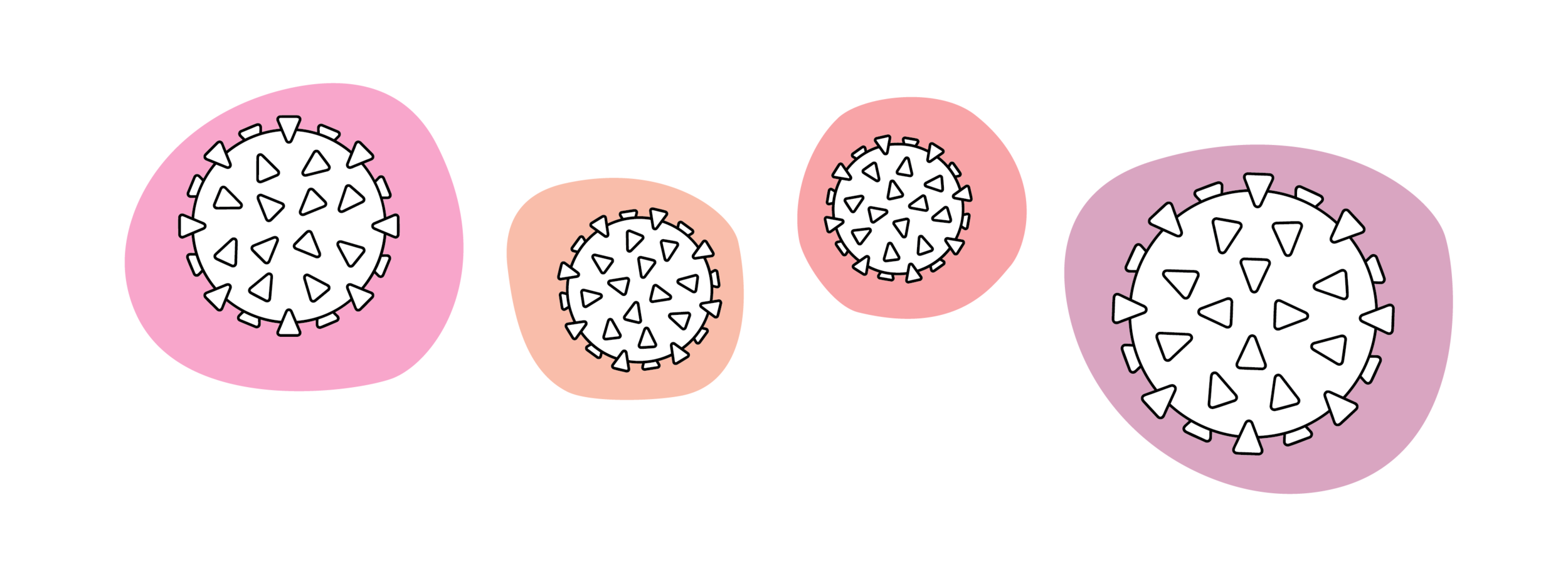We compiled some of the most common questions about the COVID-19 variants.
This article was written February 18th, 2021 and reflects the science as of that day.
Why are there variants of COVID-19?
Viruses mutate frequently. Most of the time, the mutations are harmless and have no effect on the virus at all. However, once in a while a mutation is able to amplify some characteristic. In our case, the new variants are able to spread more efficiently from person to person. As time goes on, this may become the dominant strain of the virus due to its improvement. This is evolution/natural selection/survival of the fittest happening in real time.
What are the characteristics of the variant?
The major change in the UK and South African variants is that they are more easily transmissible between people. The South African and Brazilian variants have also seemed to change the way our antibodies are able to bind to them but further research is needed to assess the differences.
Do the mRNA vaccines still work against the variant?
Early studies say yes! The vaccines are still effective against the variants however the immune response may not be as strong or prolonged.
If I’ve had COVID-19 already, should I be worried about getting the new variant still?
The reinfection possibility is still being studied, however recent research has shown that antibodies produced during infection only last up to 5 months. Even if you’ve had COVID-19 you should still take precautions to prevent infection from both variants.
Writing by Ryan Mathura, Public Health Innovation Analyst
Ryan is a Master of Public Health Student at Emory University studying Health Policy and Management. He has a background in immunology and worked in vaccine R&D before attending Emory.
Graphics by Sophie Becker, Design Strategist
Sophie is a design strategist at Orange Sparkle Ball. She is a recent graduate from RIT and holds a bachelor’s in industrial design and psychology. Her studies informed her interest in using design thinking to communicate abstract and complex ideas, particularly in public health.






